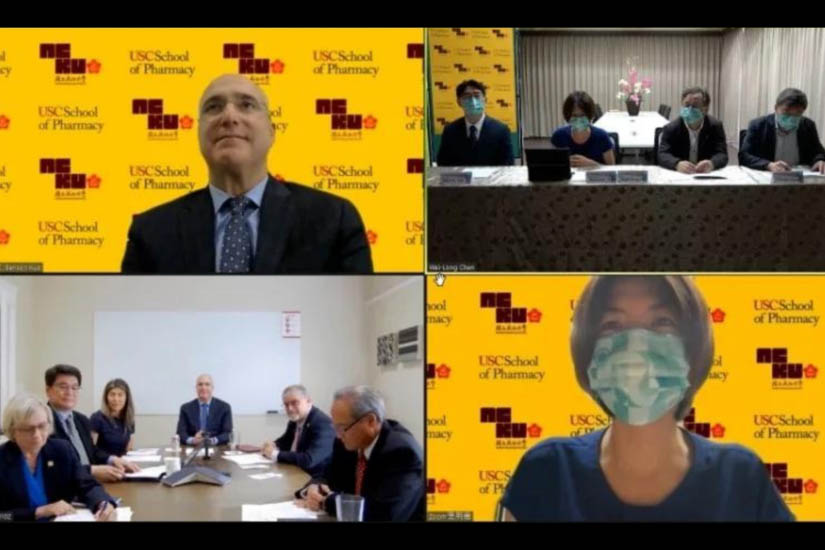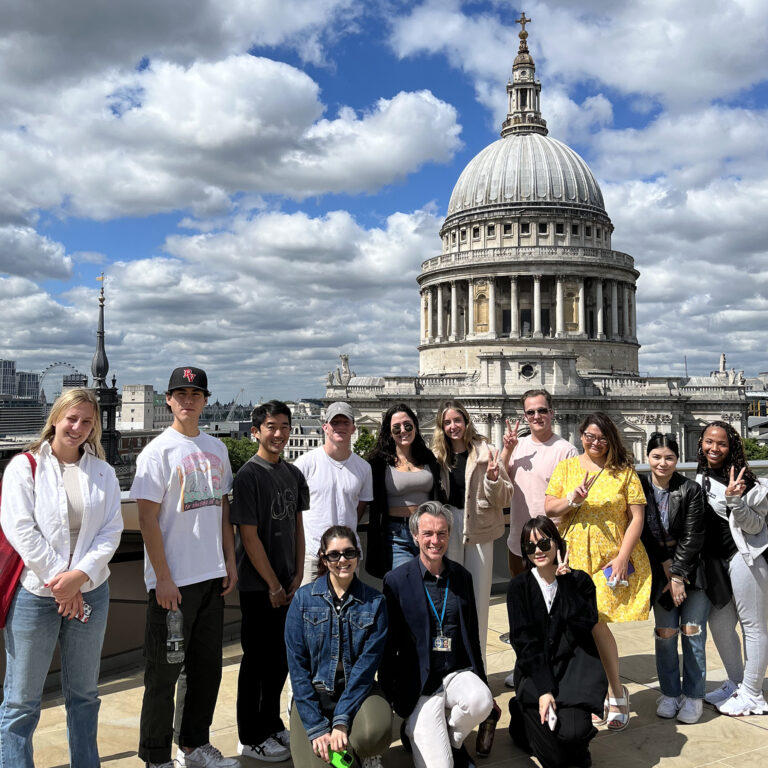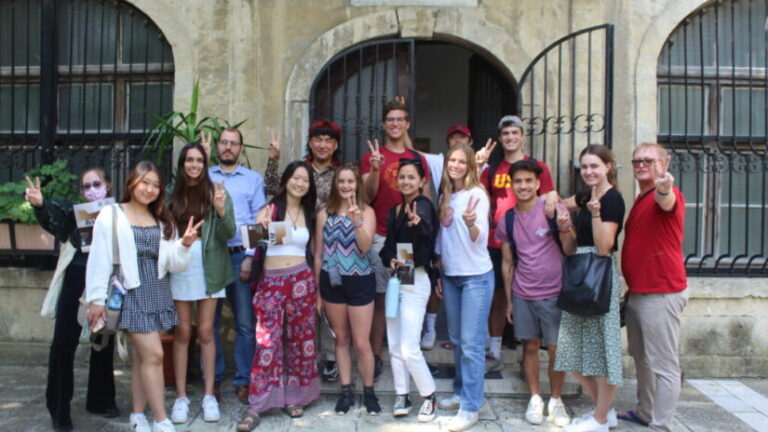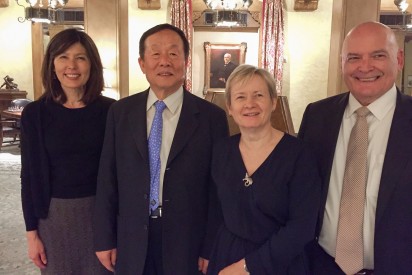
The University of Southern California (USC) and National Cheng Kung University (NCKU) announced on May 24 a partnership that creates new educational opportunities for NCKU students in the growing, high-demand fields of regulatory science and biomedical engineering.
USC and Taiwan’s National Cheng Kung University announce strategic partnership
USC and Taiwan’s National Cheng Kung University announced a partnership that creates new educational opportunities for NCKU students.
The University of Southern California (USC) and National Cheng Kung University (NCKU) announced on May 24 a partnership that creates new educational opportunities for NCKU students in the growing, high-demand fields of regulatory science and biomedical engineering.The partnership draws upon the specific expertise of the USC School of Pharmacy and NCKU’s College of Engineering to create two new interdisciplinary degree program options for NCKU students in regulatory science and biomedical engineering, as well as numerous opportunities for international education and research exchange between the two institutions.
Starting in Fall 2022, undergraduate students can pursue a four-year bachelor of science degree in biomedical engineering at NCKU in Tainan, followed by a year of study at USC in Los Angeles culminating in a master’s degree in regulatory science. Graduate-level students may pursue a two-year master’s degree in biomedical engineering at NCKU, followed by a year at USC for a master’s degree in regulatory science.
NCKU will recommend prospective students for the programs based on academic excellence, proficiency in English and rigor of purpose for studying at USC. Students enrolled in the programs may also participate in the USC School of Pharmacy’s annual International Student Summer Program and summer regulatory science workshops on the USC Health Sciences Campus in Los Angeles.
Wang Hsiao-Wen, vice president of international affairs at NCKU, and Anthony Bailey, vice president for strategic and global initiatives at USC, signed the memorandum of cooperation on behalf of the two institutions.
The signing ceremony was presided by the respective deans, Vassilios Papadopoulos, dean of the USC School of Pharmacy and Jan Chyan-Deng, dean of the School of Engineering of NCKU. Also attending the event on behalf of USC were Eunjoo Pacifici, chair of the Department of Regulatory and Quality Sciences at the USC School of Pharmacy, Frances Richmond, director of the D.K. Kim International Center for Regulatory Science, and Chiaoyun Benson Kuo, director of the consulting center at the D.K. Kim International Center for Regulatory Science. Representatives from NCKU included Chiu Wen-Tai, chair of the Department of Biomedical Engineering and Chang Chih-Han, director of the Medical Device Innovation Center.
The innovative partnership comes at a time of rapid growth for the biomedical industry, filling a large—and largely unmet—international demand for regulatory professionals.
As a truly global university—home to 50,000 students from more than 150 countries—USC has engaged in academic and scientific exchange relationships with partners around the world since its founding in 1880, and its regulatory science programs are among the best in the world. “USC welcomes future leaders from NCKU to pursue their studies, to create innovative new models of international collaboration, and to prepare for global leadership roles in the rapidly growing, high-demand field of regulatory science,” said Anthony Bailey, USC’s Vice President for Strategic and Global Initiatives.
Likewise, NCKU has long been committed to providing students with a world-class education, and to innovating to meet the needs of the future. “As the population ages, there is an ever-greater need for highly trained professionals with advanced training in biomedical engineering and regulatory affairs,” said Hsiao-Wen, NCKU’s vice president for international affairs. “NCKU looks forward to partnering with USC to enable students to expand their horizons, enhance international connections and gain world-class training in these growing fields.”
About the USC School of Pharmacy / D.K. Kim International Center for Regulatory Science
The USC School of Pharmacy has been a worldwide leader in advancing the pharmaceutical field since its founding in 1905, and it continues to serve as an innovative force. Its programs encompass the entire spectrum of pharmacy education, research and practice—from laboratory science and clinical pharmacy to health policy and regulatory science.
One of four departments at the USC School of Pharmacy, the Department of Regulatory and Quality Sciences is a global leader in producing professionals with the knowledge and skills to manage regulated biomedical products worldwide. This rapidly growing and increasingly global field encompasses every aspect of pharmaceutical and medical device development, quality assurance and clinical trials oversight—helping shepherd life-improving and often lifesaving advances to the marketplace.
Through global partnerships facilitating translational and regulatory research and education, the D.K. Kim International Center for Regulatory Science—housed in the pioneering Department of Regulatory and Quality Sciences at the USC School of Pharmacy—cultivates diverse leaders who can help shepherd novel, lifesaving drugs and medical devices into approved products that help patients everywhere.
About NCKU / NCKU College of Engineering / Department of Biomedical Engineering / Medical Device Innovation Center
Since its founding in 1931, the NCKU College of Engineering has been devoted to educating potential future leaders in academic research and industrial service, with an eye to contributing to the industrial establishment and economic development of Taiwan. The college is the largest engineering college with the longest history and the most complete fields in Taiwan.
The Department of Biomedical Engineering at NCKU, originally founded in 1988 as the Institute of Biomedical Engineering (BME), aims to develop multidisciplinary programs that integrate biomechanics, medical electronics, biomedical materials, bioinformatics, and rehabilitation technology. The Medical Device Innovation Center was established in 2011, enabling the department to offer a more comprehensive and innovative curriculum to students at both undergraduate and graduate levels.


